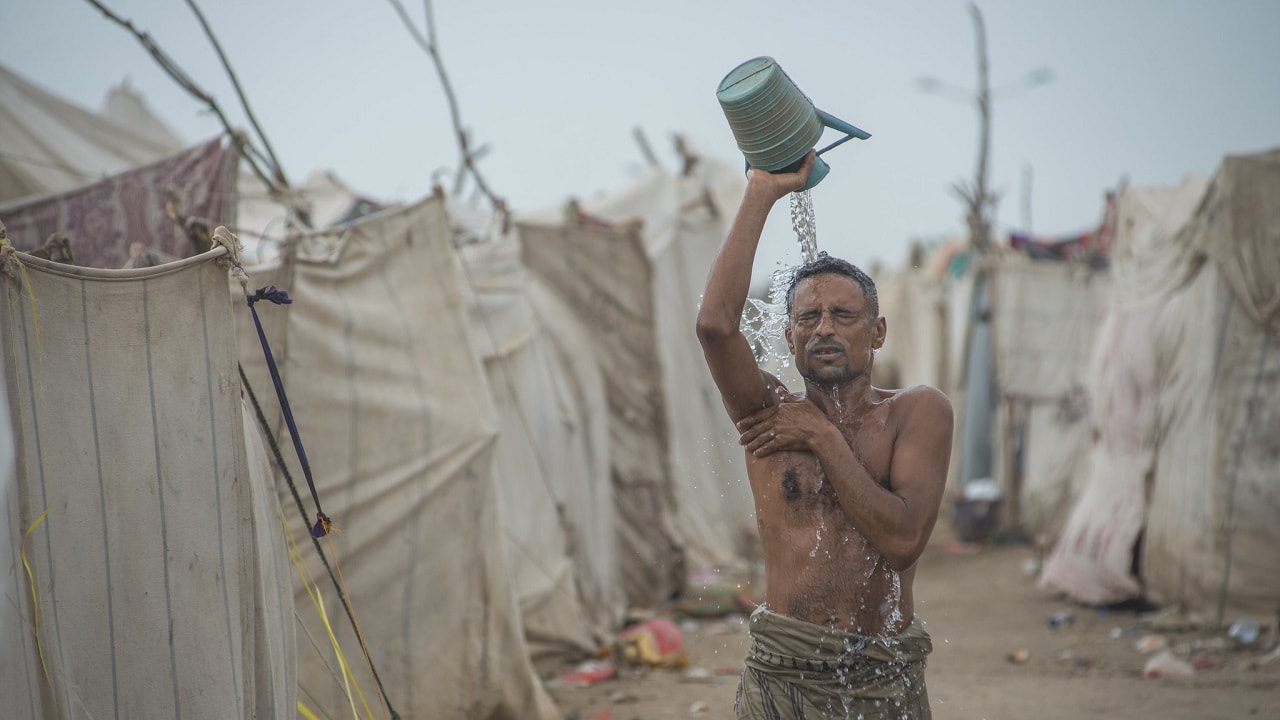In March, Beijing brokered an unexpected agreement between Middle Eastern regional rivals Iran and Saudi Arabia. The countries decided to re-establish diplomatic ties and reopen their embassies after years of mutual animosity. In mediating the truce, Chinese leaders oversaw the highest-level meeting between Iran and Saudi Arabia in more than seven years, emphasizing Beijing’s expanding role in the Middle East.
A few weeks after signing this agreement, a Saudi delegation met Houthi officials in Sanaa to negotiate an end to hostilities in Yemen. While some analysts are hopeful that a cessation in hostilities could create the space needed to resolve the Yemeni civil war, other experts remain skeptical. If Riyadh withdraws its forces from Yemen, the Iran-backed Houthi rebels could be emboldened. Unencumbered by opposition, they could pursue further territorial takeovers. Regardless, it will take years for Yemen to recover from the devastating effects of the continuing war.
An Overview of the Civil War
Yemen’s civil war began in 2011, although its origins date back much further. In the early 2000s Houthi rebels, then known as Ansar Allah, led a low-level insurgency against the Yemeni government after the death of their former leader, Hussein Badreddin al-Houthi. Over the next decade or so, tensions between the Zaydi group and the Yemeni government would periodically flare up. In 2011, a popular uprising that coincided with the Arab Spring forced Yemen’s president to hand over his position to Abdrabbuh Mansour Hadi. Unable to quell protests that erupted across the nation or to stymie the advance of jihadist groups, Hadi was easily exploited by the Houthis. The militant group took control of Yemen’s capital, Sanaa, in early 2014, forcing Hadi into exile.
As outlined by the Council on Foreign Relations, “In July 2016, the Houthis and the government of former President Ali Abdullah Saleh, ousted in 2011 after nearly thirty years in power, announced the formation of a ‘political council’ to govern Sana’a and much of northern Yemen. However, in December 2017, Saleh broke with the Houthis and called for his followers to take up arms against them. Saleh was killed and his forces defeated within two days.”
Foreign Actors Intervene
In an effort to restore the previous internationally recognized government, Riyadh led a coalition to intervene in Yemen. It was joined by the U.S., the United Arab Emirates, Bahrain, Qatar, Morocco, Sudan, Kuwait, Egypt, and Jordan. The coalition provided logistical, intelligence, and air support aid to Saudi troops. A deadly and extensive air campaign, which has often been accused of indiscriminately bombing civilians, began at this time. The Houthi rebels also received military support and aid from foreign actors hailing from Iran. The U.S. and Saudi Arabia have long accused the Iranian regime of fueling the civil war in Yemen and providing weapons the Houthis use to conduct acts of terrorism against civilians.
Just a couple of months ago, more than 2,000 assault rifles along with other weapons were found aboard a Houthi-bound ship seized by the U.S. Navy. One year prior, the U.S. Navy and its French counterparts over the span of a few weeks seized more than a million rounds of ammunition, 2,000 AK-47s, 3,000 assault rifles, and 20 anti-tank rockets on board various Iranian vessels headed for Yemen. As explained by War on the Rocks, “They assemble these parts into working weapons with technical assistance from Hezbollah and Islamic Revolutionary Guard Corps advisers. This approach has allowed the Houthis to now field short and long-range drones and an increasingly diversified fleet of missiles capable of striking deep inside Saudi Arabia. Houthi forces have also used Chinese-made C-801 anti-ship missiles, with a range of 42 kilometers, for attacks on tankers in the Red Sea. These missiles were part of the national army’s arsenal prior to 2014 and were seized during the war. But they were quite possibly modified further with Iranian or Hezbollah assistance.”
Is Peace Possible?
Although reports of a revived effort to establish a potentially permanent cease-fire indicate prospects for peace in Yemen, don’t expect a decrease in hostilities anytime soon. Riyadh and Tehran do appear to be mending fences, at least superficially. But the war in Yemen is very complex, and this warming of relations will not necessarily lead to its end.
Maya Carlin, a Senior Editor for 19FortyFive, is an analyst with the Center for Security Policy and a former Anna Sobol Levy Fellow at IDC Herzliya in Israel. She has by-lines in many publications, including The National Interest, Jerusalem Post, and Times of Israel. You can follow her on Twitter: @MayaCarlin.

